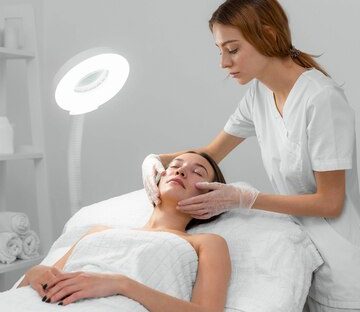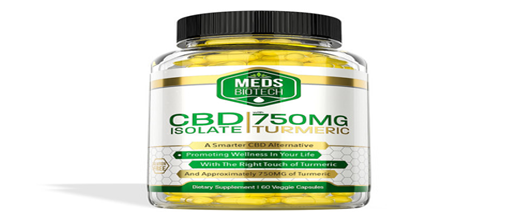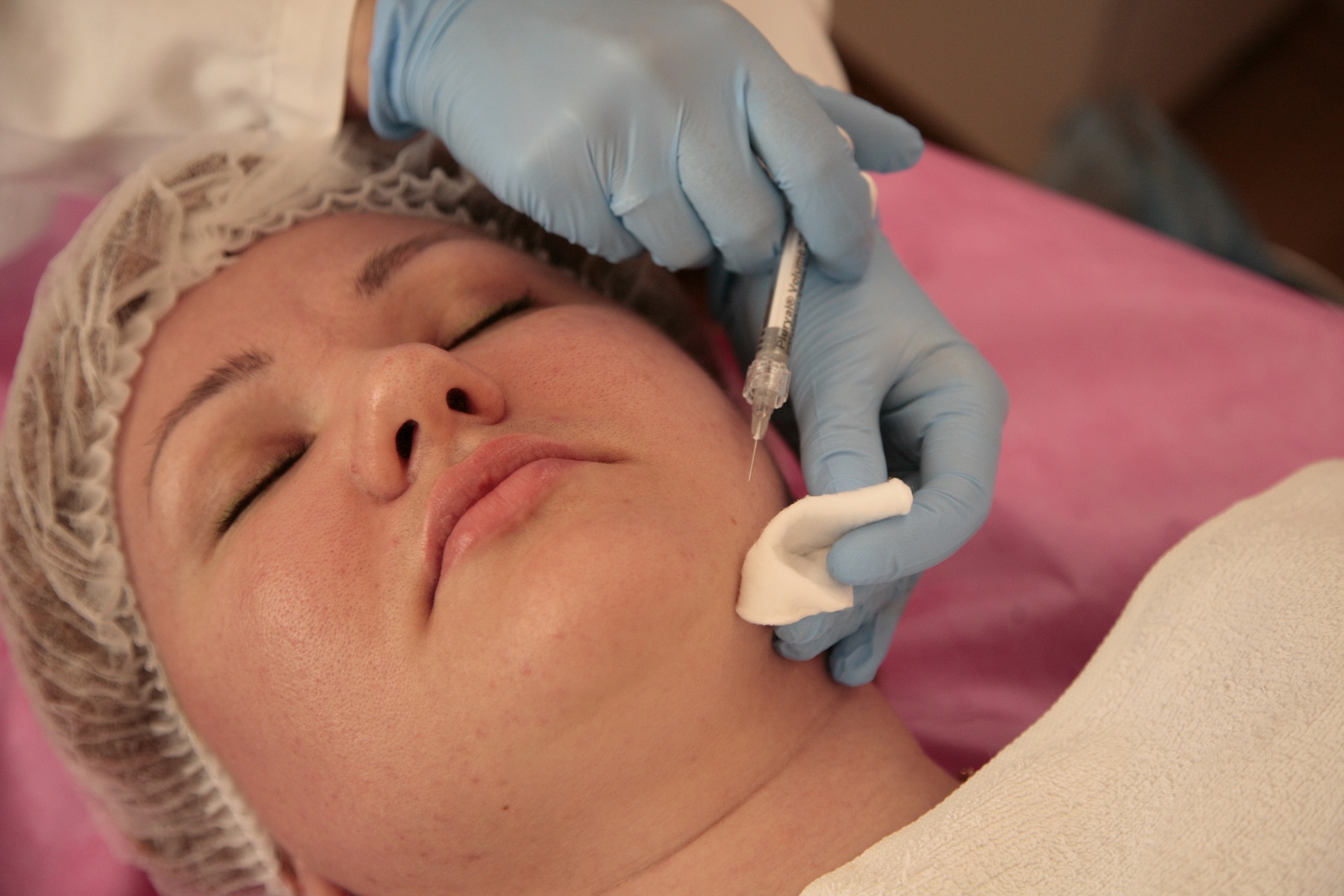Mental health is a growing concern in today’s society, with an increasing number of people struggling with various mental health conditions. Millions of people suffer from mental disorders globally, making it one of the leading causes of ill health and disability worldwide.
In recent years, there has been a growing trend towards alternative methods for treating mental health conditions. One such method that has gained popularity in the biohacking community is the use of plants and mushrooms.
But before you get the best magic mushroom grow kit and start growing some mushrooms, it’s important to understand what biohacking mental health with plants and mushrooms truly means. In this article, we will explore the concept of biohacking, its connection to mental health, and how plants and mushrooms can be beneficial for improving our mental well-being.
Contents
What Is Biohacking?
Biohacking refers to the practice of using science and technology to improve human performance and optimize health. It involves making small lifestyle changes or adopting specific techniques that aim to enhance physical and mental capabilities. The goal of biohacking is to achieve optimal functioning in all aspects of life, including physical, cognitive, emotional, and spiritual well-being.
There are various forms of biohacking, such as do-it-yourself biology, nutrigenomics, neurofeedback, and nutritional supplements. However, in recent years, biohacking has also extended to include the use of plants and mushrooms for mental health purposes.
Plants And Mushrooms: Nature’s Medicine Cabinet For Mental Health
Plants and mushrooms have been used for centuries as natural remedies for various ailments, including mental health conditions. With the rise of biohacking, these natural substances have gained even more attention as powerful tools for improving mental well-being.
Some plants and mushrooms that are commonly used in biohacking for mental health include:
- Lion’s Mane Mushroom: This delicious mushroom that tastes almost like lobster or crab meat can improve cognitive function and memory and has neuroprotective properties.
- Ashwagandha: This is an adaptogenic herb that helps the body cope with stress and anxiety.
- Bacopa Monnieri: This is another adaptogenic herb that may enhance learning, memory, and brain function.
- Psilocybin Mushrooms: These psychedelic mushrooms have shown promising results in treating conditions like depression, anxiety, and post-traumatic stress disorder (PTSD).
The Importance Of Proper Usage
While plants and mushrooms can offer many benefits for mental health, it is important to note that they should be used responsibly. Some key considerations include:
- Proper dosage: Different plants and mushrooms may have varying levels of active compounds, so it is crucial to follow recommended dosages to avoid negative effects.
- Source reliability: It is essential to obtain plants and mushrooms from reputable sources to ensure purity and safety. Poorly sourced products may contain harmful contaminants or incorrect species.
- Individual response: Each person may have a different reaction to biohacking with plants and mushrooms. It is important to monitor your own responses and make adjustments accordingly.
- Consulting a healthcare professional: Before incorporating any new plant or mushroom into your routine, it is wise to consult with a healthcare professional, especially if you have underlying medical conditions or are taking medications.
Final Thoughts
As you explore the world of biohacking with plants and mushrooms, remember that your health and safety should always be the priority. This field is complex and still emerging, so it’s important to consult with a healthcare professional or a knowledgeable expert in the field before making changes to your routine. This way, you can ensure that your mental health biohacking journey is both effective and safe.
Read Also:























